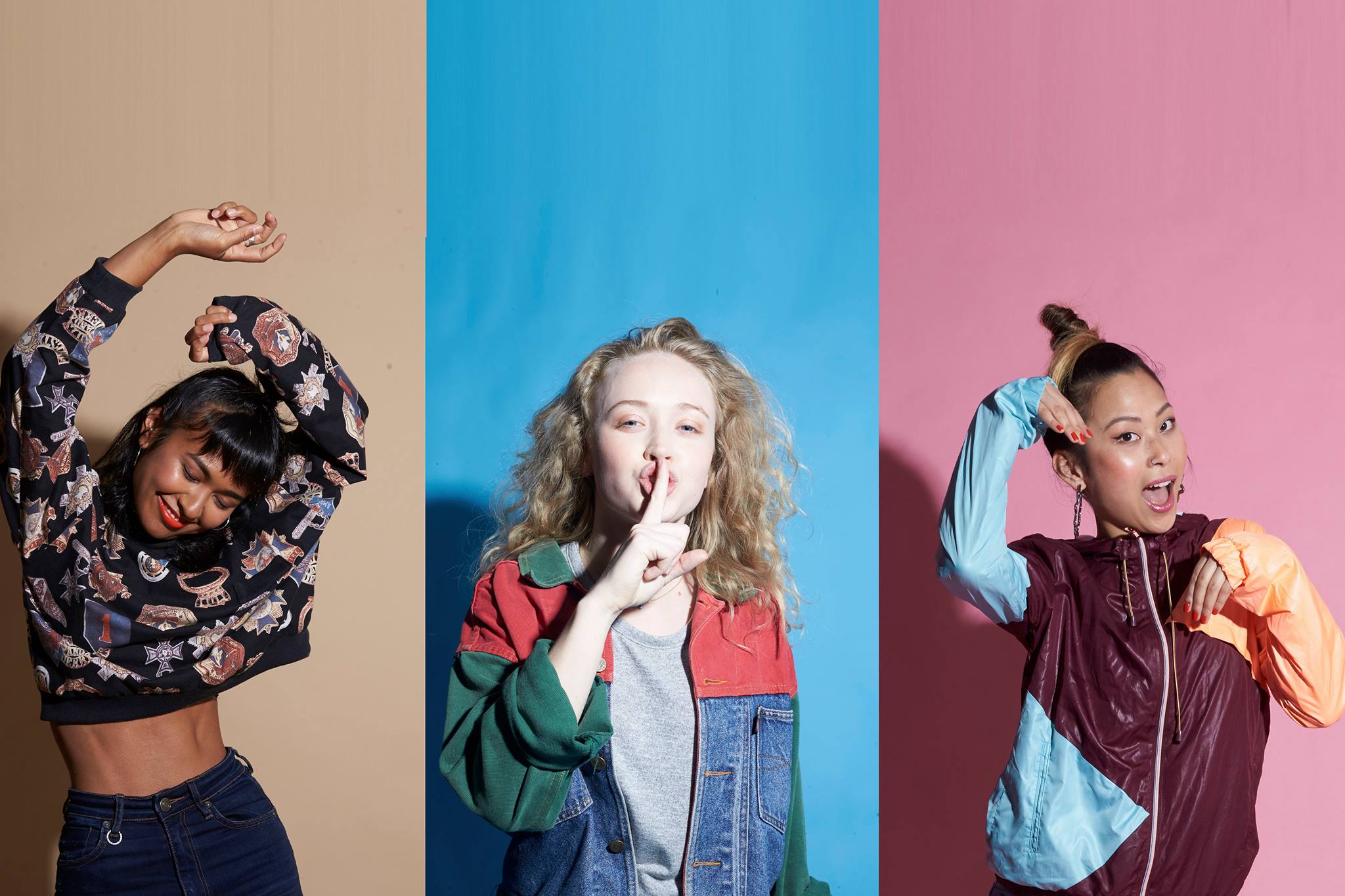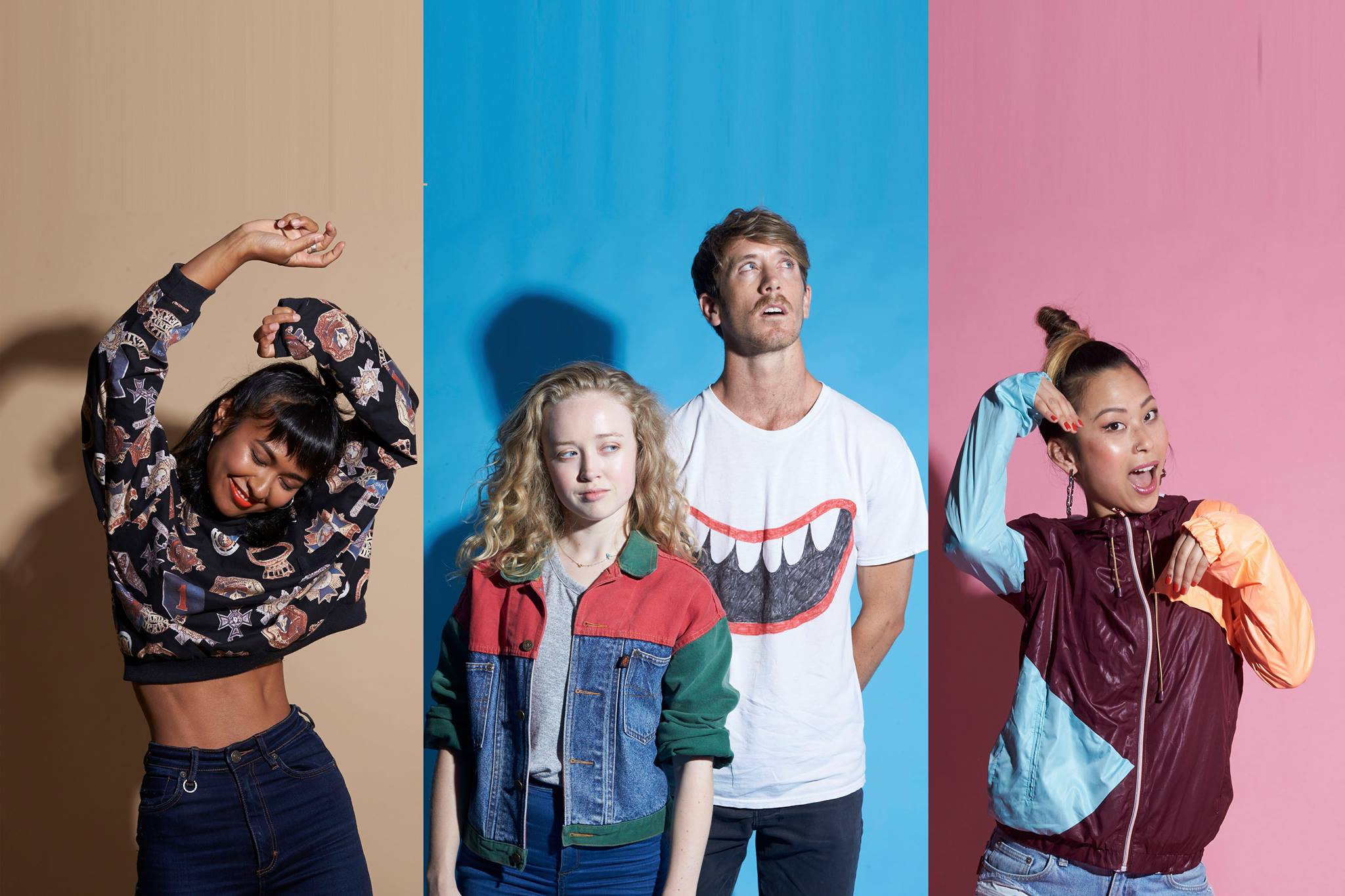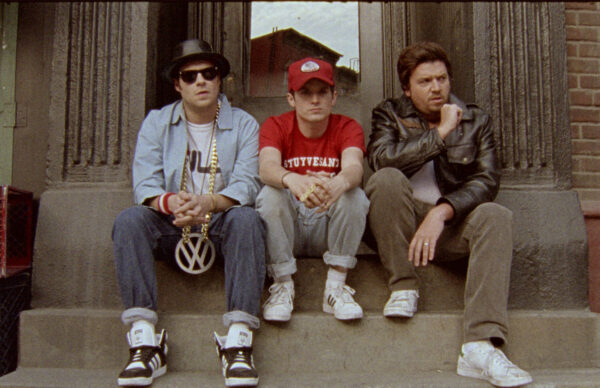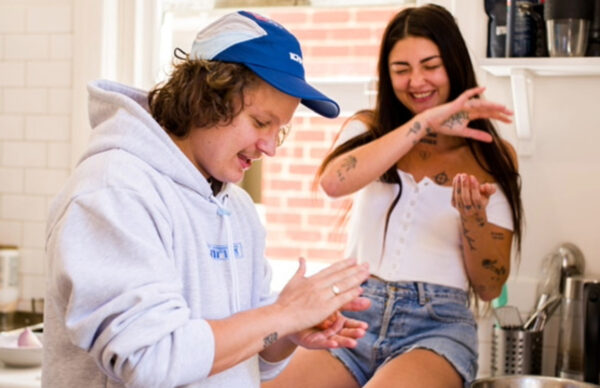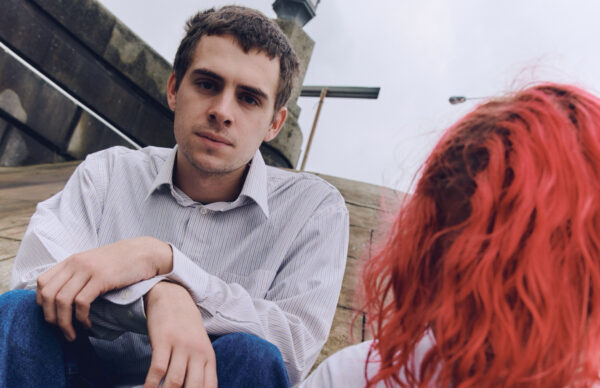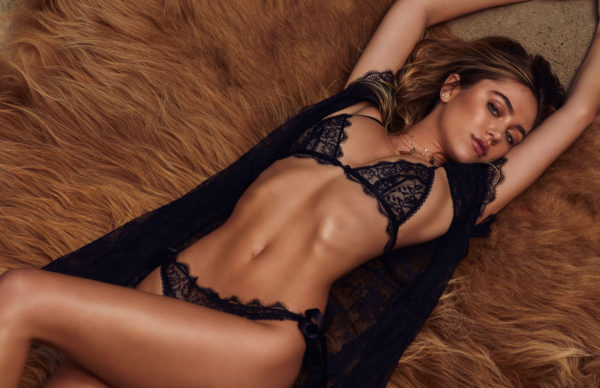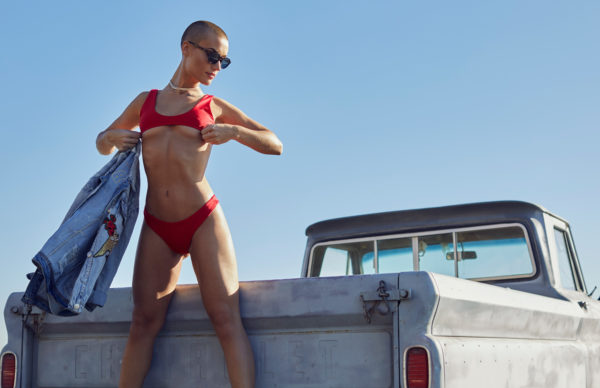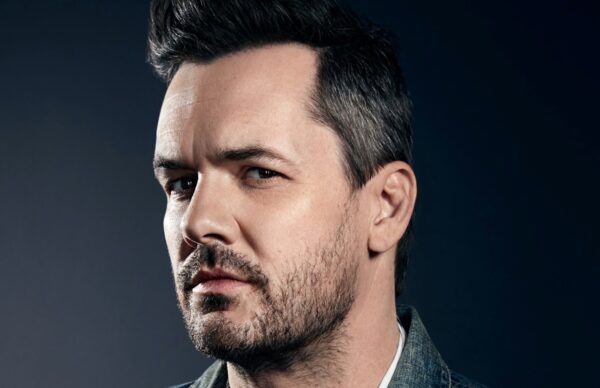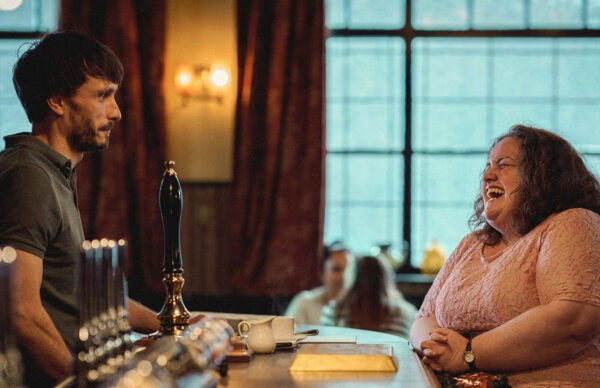Words by Christopher Kevin Au
While most people can bust out a serious sprinkler or modified twerk after a few too many Chardonnays at your local watering hole, only a small fraction of those people will attend a dance class.
Their reasons for this may be varied, but we’re betting that a lot of people believe that they are simply too uncoordinated, not swaggy enough or scared of looking downright lame. That’s where Groove Therapy jumps in – a dance class with the aim of proving that all people can be dancers, inviting them to weekly classes in Sydney where they can sweat and get silly in an open and friendly environment. Moreover, Groove Therapy holds classes for the elderly, refugees and other minority groups who can benefit from the universal language of dance, despite any language or social barriers.
We chatted to Groove Therapy’s own leading lady Vanessa Marian about the establishment of the company, how it’s offering something different to dance and the humanitarian aspects of her foot-tappin’ mission. Read what she had to say below and find out more about Groove Therapy’s classes right here:
Tell us about Groove Therapy – how did it start and grow into what it is today?
Groove Therapy is my response to all those peeps who are like “I wish I could dance but I’m too unco/white/old/lame.” You haven’t missed the boat on mastering a few key moves that you can pull out on the d-floor. Very important life skill, guys. There’s a serious lack of dance culture in Australia. We drink until we’re shit-faced enough to obnoxiously fall onto each other’s mouths. It’s abrasive and only fun 20% of the time. Imagine you’re at a party and you can bust out a faaaa-reshhhhh running man, charleston, doo-wop or ATL stomp. Imagine if you knew enough dance to even understand that previous sentence.
So yeah, that’s why I started Groove Therapy. For the people who have always wanted to dance but have never had the guts to go to a ‘dance class.’ So we hold class in a warehouse space with no mirrors, dim lights and a loud sound system.
Your classes seem to have a particular social/humanitarian aspect to them. How did you infuse these issues into an art form like dance so seamlessly?
It was nothing particularly profound really, I just got bored. Our generation is so self-obsessed. It’s all about being famous on the Gram and I was sure there was more to life than that. So I started teaching dance to all the people we forget about – the old peeps in nursing homes, the Indigenous grommies out in the desert of Australia, young refugee girls and everyone in between. When I saw how stoked it made them, I just kept doing it. In the end, I learn more about life and how insignificant I am in the scheme of it all through them.
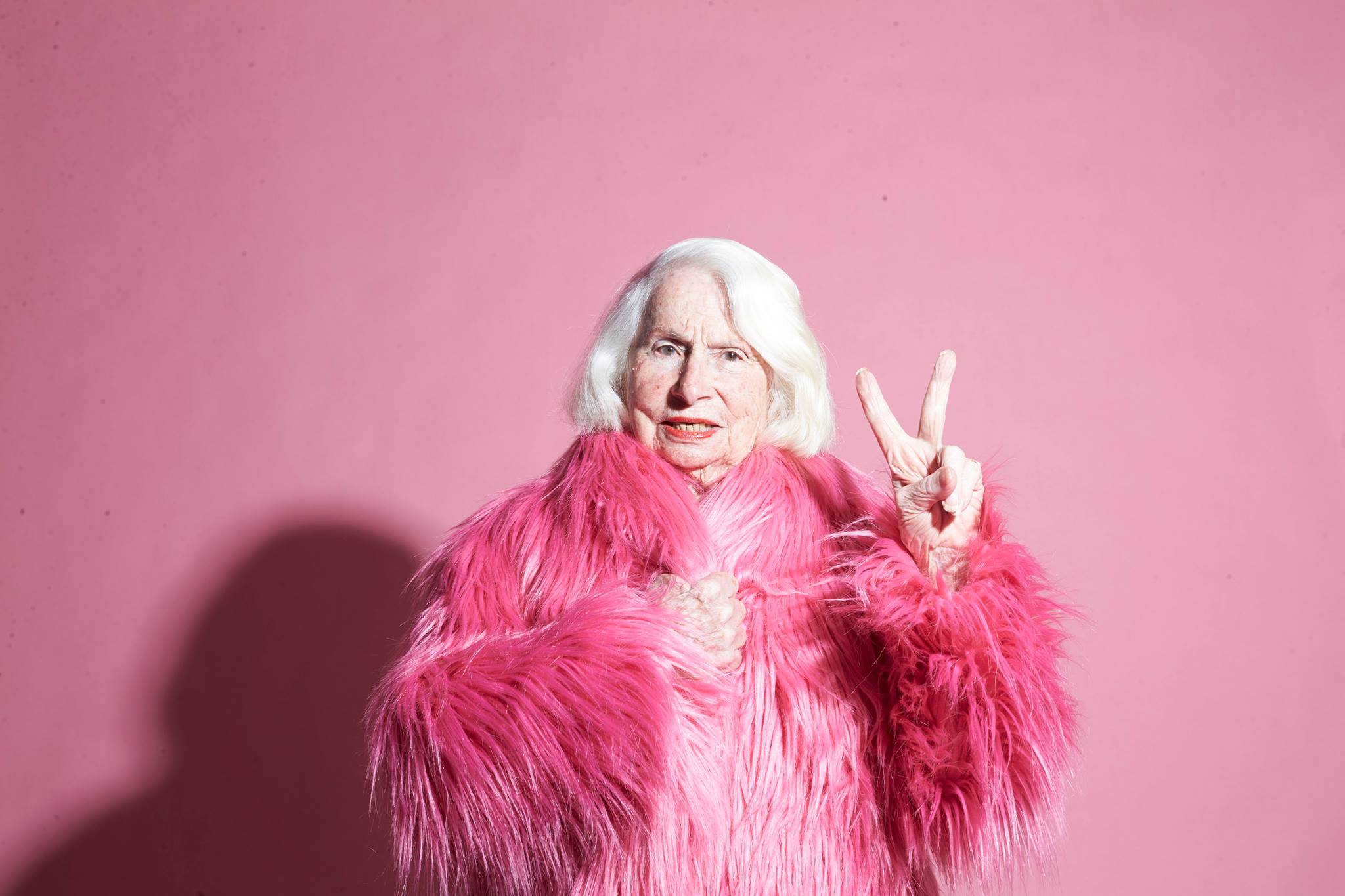
It seems like the importance of the arts and creative spaces are often understated. What are some of the life-changing and quintessential changes that dance can have on one’s life that you’ve seen first hand?
Only a dancer knows. When I teach beginners, I get reminded every single week of how it feels to have your mind-blown at how good a dance class feels. The impact? Where I do begin? You’ll have your regulars pull you aside and tell you insane stories, like how this weekly class has healed them from depression, a shitty ex or body issues. Then there’s also the lighter stuff, like a dude who ran into me at a party and told me that a mega babe asked for his number after class once – I’m the hip-hop cupid guys.
It makes you fit, too. Yes, you will burn the calories and all that stuff, but I just don’t really emphasise it. I’m scared it will make class sound like Zumba and suddenly I’m running a fitness franchise with no street-cred and I’m crying into my pillow every night.
You have a class for refugees in Auburn. Refugees have forever been a contentious issue within Australian politics. In your experience, what is it about refugees that is most misunderstood or misrepresented in mainstream media?
This class is called Groove Rising and it was launched by Groove Therapy in collaboration with Auburn Diversity Services. It’s for boss women of multi-cultural backgrounds, some of whom are refugees. We focus on confidence skills, conversational English and generally helping these youths transition into Australian life.
This is part where everyone is like “OMG Vanessa, you’re such an amazing person” and so on. Please stop. Here’s why: They’re just people like us. Their favourite food ranges from kebabs to pizza. Their favourite artists range from Rihanna to Drake – wait, there’s no range there. Their favourite hobbies range from saving animals to annoying their older brothers. Can we all please stop being so scared of them because some of them wear Hijabs? And once we get over that part, can we stop feeling so sorry for them for wearing Hijabs? I feel like Australians are so new to it all that we’re either scared of refugees or we feel so sorry for them and get overly PC. I teach class and they’re just kids. They like to dab, whip and nay nay. They like Instagram, Snapchat and Facebook. They’re legends. I wish more people could see that.
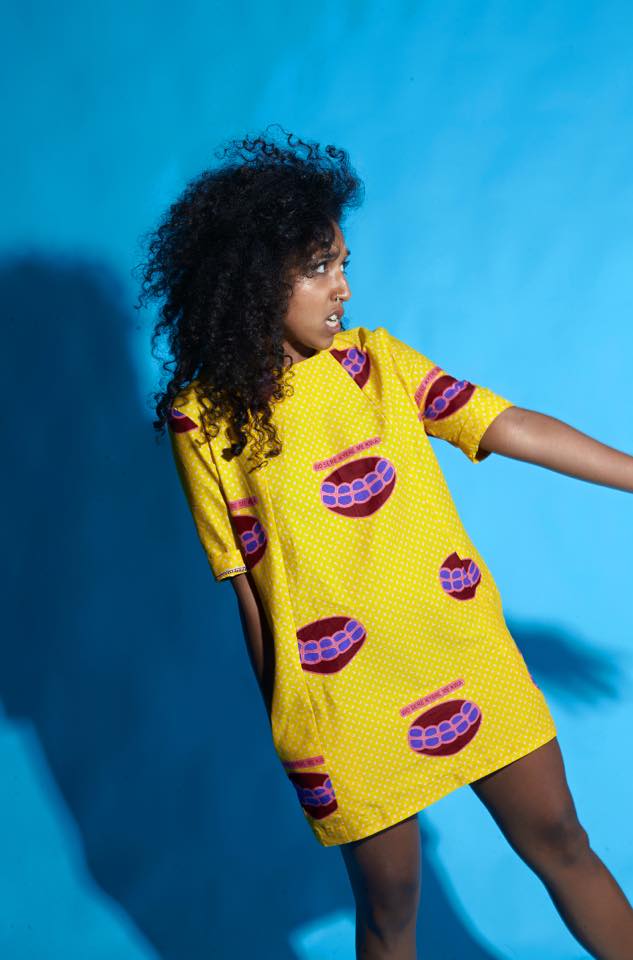
How do you think dance acts as a gateway for refugees to settle more comfortably in Australia?
It’s a weekly community where people can make friends, practice their English, have a go at performing to a tiny audience of peers, forget about a tough day they’ve had and build their confidence. They also each get a set of moves that they can take home and practice over the week in their rooms while singing into their hairbrush. Don’t act like you don’t do it.
You hold the classes in collaboration with Auburn Diversity Services Inc. How did this partnership form and how did you find a happy medium for you both to benefit refugees?
ADSI runs this thing called the Western Sydney Youth Transition Program, which does pretty much what the title suggests. So when I insisted on teaching hip-hop they asked how this would benefit refugees in a real and practical way, and that’s how this confidence and conversational English hybrid class was born. It’s so fun though. It’s really just me teaching a dance class but I have an excuse this time as to why I need to talk so much.
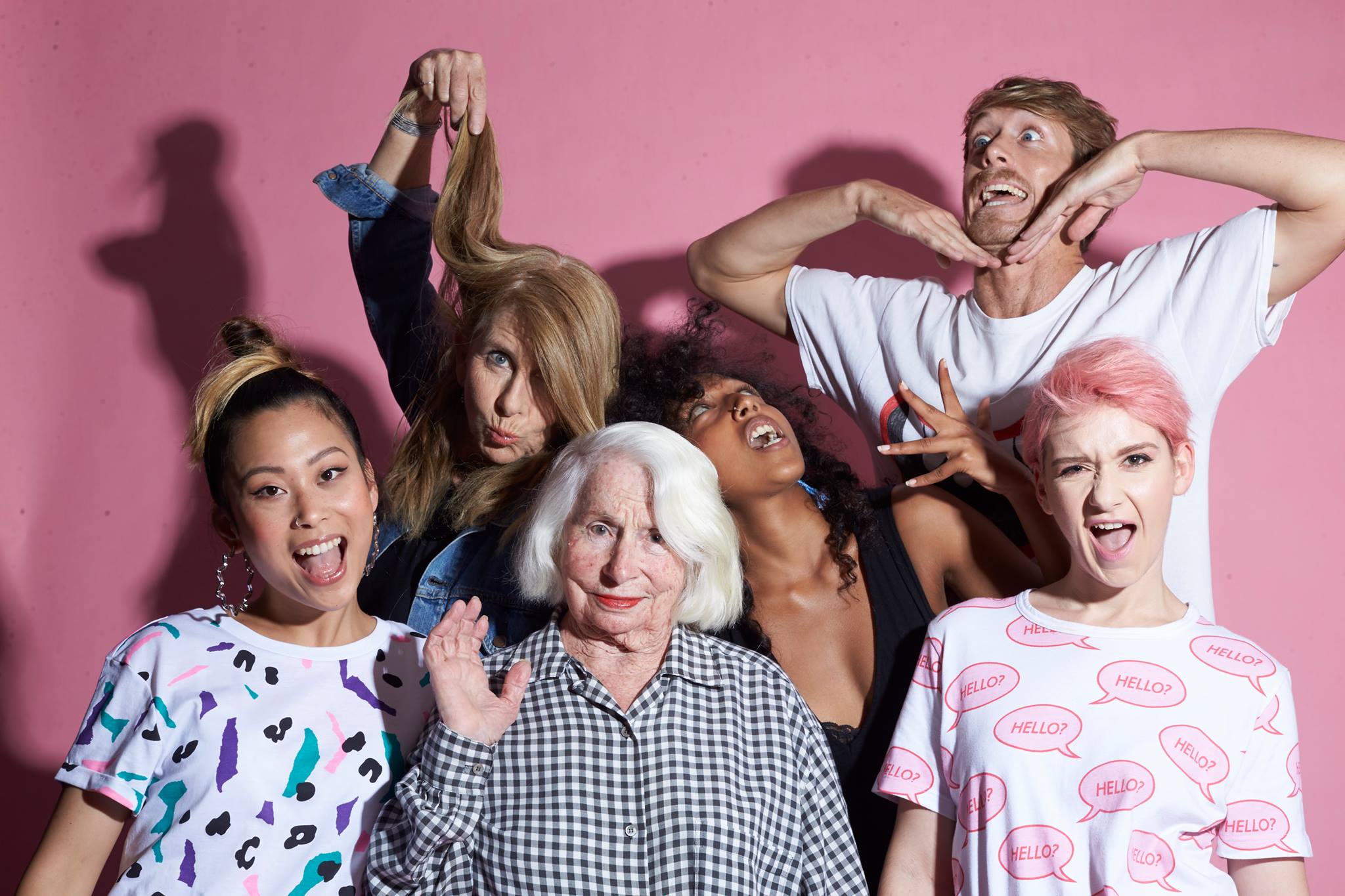
Who is the better dancer: Rihanna, Ciara or Soulja Boy?
AHA. Trick question. It’s D) Michael Jackson.
What’s one message that you’d like to give to anyone who’s on the fence about putting on their dancing shoes in a class?
I don’t force the fence-sitters, but they always regret not trying it sooner once they come.
What do you have in store for Groove Therapy heading into 2017?
More classes, expansion in Melbourne and a global take-over. Also, FKA Twigs: if you’re reading this my schedule is free from June onwards, so let’s collab.
